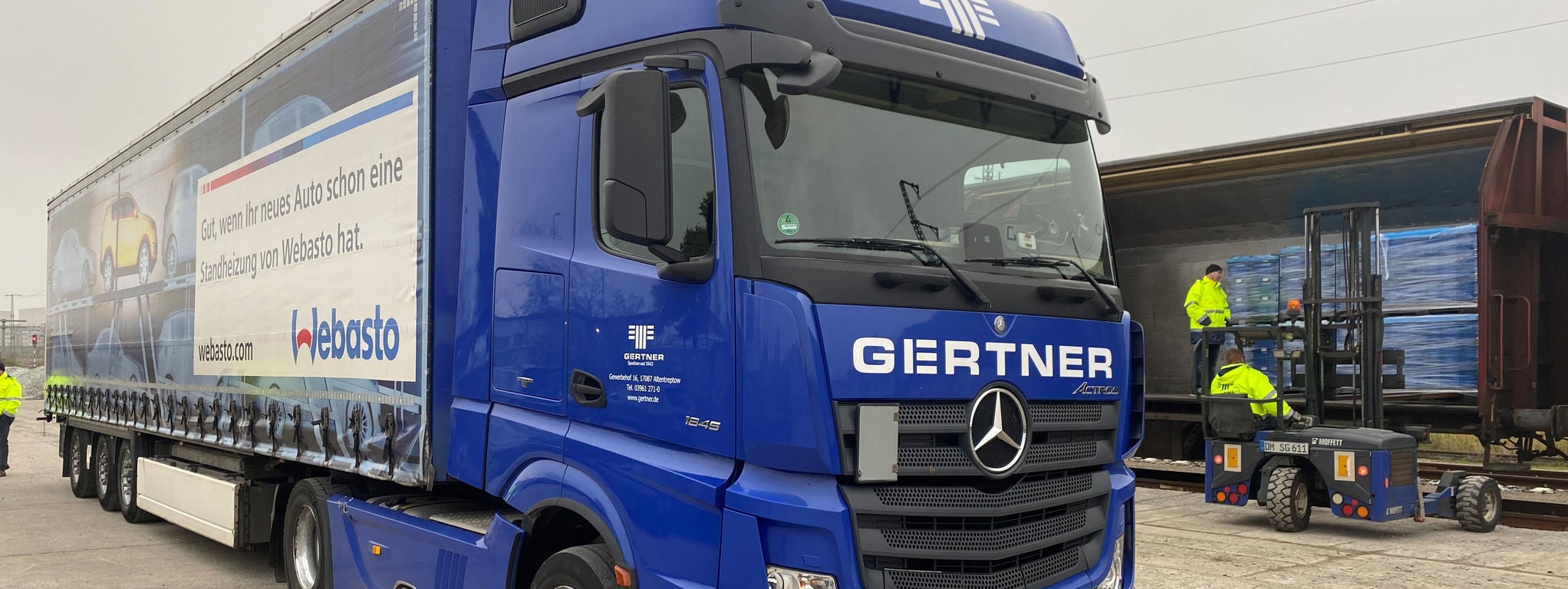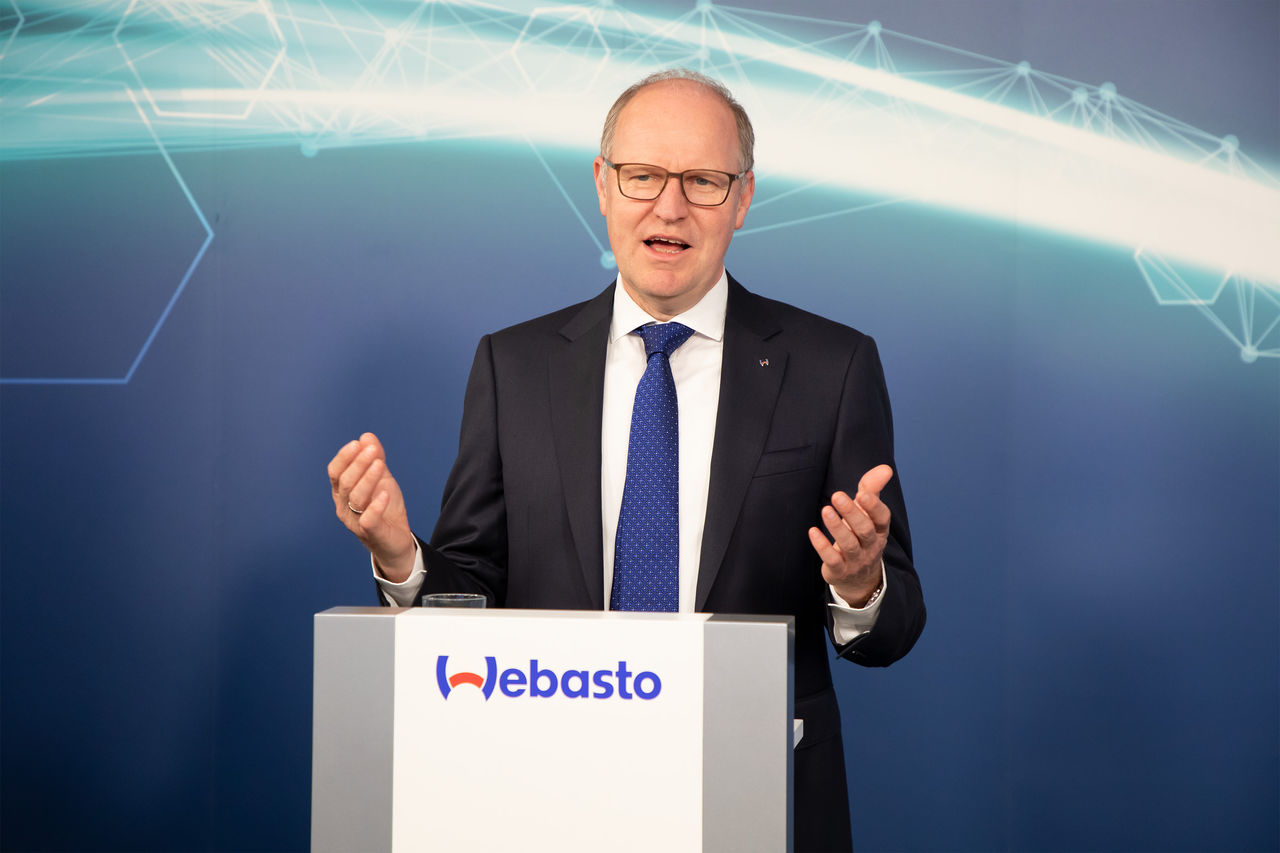Neubrandenburg tests
goods delivery with DB

Webasto wants to take advantage of the closeness to the freight station of its plant in Neubrandenburg and reduce its carbon footprint. The company recently launched a four-week pilot project to shift the transport of components for its heating systems production from road to rail.
 Webasto is testing goods delivery per rail in Neubrandenburg
Webasto is testing goods delivery per rail in Neubrandenburg
Neubrandenburg – November 22, 2021 – Automotive supplier Webasto has started a test phase of several weeks to supply its plant in Neubrandenburg by rail. At its site in Mecklenburg-Western Pomerania Webasto together with DB Cargo Logistics, the leading specialist for European rail logistics, and the company's long-standing forwarding partner Gertner from Altentreptow, has been working on a pilot project with two suppliers from southern Germany and the Czech Republic for six weeks. The practical test on the processes of a rail transport solution is to extend over four weeks and will be performed with those two suppliers, who provide the plant with the largest number of components for the production of heating systems for electromobility. Regular and thus plannable volumes per route between Webasto and its suppliers, that in addition are sufficiently large for a single wagon, are one of the prerequisites for switching to the more environmentally friendly transport of goods by rail.
Empty transport containers of the Webasto plant are sent by train from Neubrandenburg to the suppliers, who fill them with the required components and send them back to Neubrandenburg. In the large-scale trial, rail transport replaces 95 percent of these 1,200- respectively 1,400-kilometer round-trip routes, over which the supplier parts were previously entirely carried by truck. The remaining five percent of the route, i.e. a maximum of 70 kilometers, will continued to be covered by truck transport, as the suppliers are not directly connected to freight depots.
The Webasto plant is directly borders on the Neubrandenburg goods station, so in the future the company could load railcars directly from the company’s properties. By switching to tracks, the company expects to reduce its transport carbon footprint by more than half while keeping costs constant.
Webasto will carry out the test transports until mid-December and then evaluate them with all parties involved. The project partners expect that by reducing the carbon footprint in the transport chains, they can offer suppliers and customers an environmentally friendly and at the same time reliable logistics service. From the middle of next year, the trial operation could be transferred to regular operation. In addition, further potential for shifting to rail will then be examined at the Neubrandenburg site.
The two pilot suppliers account for 15 percent of the plant's total purchasing volume. From today's perspective, it is conceivable that more than 50 percent of the supplier parts could be handled by rail. The experience gained from the project will be incorporated into the Webasto Group's global sustainability initiative – possibly as a best-practice example in the area of supply chain for other Webasto Group locations. Together with its partners, Webasto strives to contribute to sustainable development worldwide in accordance with the United Nations' goals.







